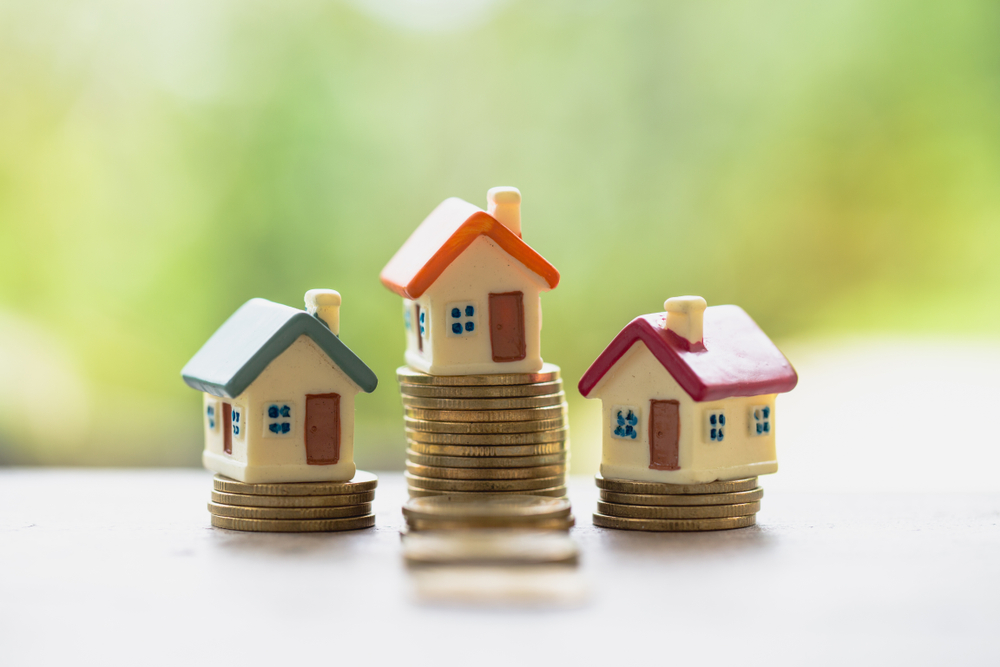The world of property ownership and rental can be a bewildering one, especially when calculating the whys and wherefores of the tax you owe. For some, the vagaries of the system has put them off entirely and they have exited the property rental market completely but for those that persevere, here is our potted guide to what you can and can’t claim to make your property work for you.
As a landlord, your tax is calculated on the profit you make after deducting your allowable expenses from your rental income. For a portfolio of properties, the rental income and allowable expenses are grouped together to calculate the tax owed.
Allowable expenses
Anything you spend wholly and exclusively on the rental property is classed as allowable expenses, for example:
- General maintenance and repairs
- Council tax and utility bills if paid by you, the landlord
- Buildings and contents insurance
- Cleaners, gardeners, ground rent and service charges
- Agency and accountancy fees
- legal fees for lets of a year or less, or lease renewal for less than 50 years
Some examples of non-allowable expenses are:
- Capital mortgage repayments
- Mortgage interest payments (for 2019/20, 25% of the mortgage interest is deductible, with the remaining 75% of mortgage interest multiplied by 20% and deducted from your property income tax liability, subject to certain caps)
- Items for your personal enjoyment
Capital expenditure
Costs for improving your rental property or buying furniture and equipment are considered capital expenditure and are not allowable expenses. However, you may be able to claim Replacement of Domestic Items Relief on moveable furniture, carpets, curtains, household appliances and kitchenware. If the item is a direct replacement and is for the exclusive use of the tenants, the relief can apply.
Property allowance
An allowance of £1000 is available if you receive income from letting a property:
- Full relief – if your rental income before expenses is £1000 or less you don’t need to declare it to HMRC but you can choose to be taxed on your property if your expenses are greater than your rental income.
- Partial relief – if your rental income before expenses is more than £1000 you can decide to deduct your property allowance from your rental income instead of actual allowable expenses and calculate your taxable rental profits from there.
If you have few expenses, choosing the partial relief may be your best option. You can elect whether to use the property allowance for each tax year separately, the choice must be made within two years of the end of the relevant tax year, i.e. to opt out of full relief or to choose partial relief for the tax year 2020/21, the election must be made by 31 January 2023. Practically speaking, it is best to make the assessment of your best option as part of your normal tax return filing.
Property income tax rate
Tax on your property income is paid at the relevant rate after employment income and other earned income like self-employment profits or pensions are calculated. The rates are:
- 0% if your total income from employment, other earned income and property falls within your personal allowance
- 20% for a basic rate taxpayer
- 40% if you are a higher rate taxpayer
- 45% if you are an additional rate taxpayer
National Insurance Contributions are not generally paid on property income as it is considered ‘unearned’ income.
As you can see, the minefield of property income tax needs careful navigating with an expert guide to help you avoid the pitfalls. The experienced team at CRM can advise on your individual circumstances and ensure that your liability is managed and minimised. Call us on 01865 379272.

